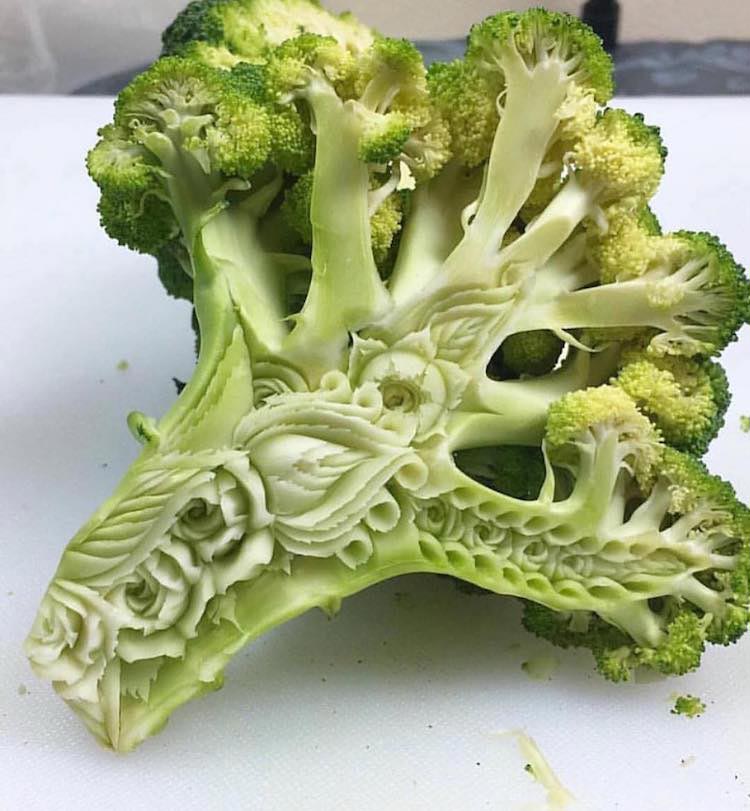Organic products https://greenelly.com/ do not contain harmful pesticides, antibiotics, GMOs and unwanted additives.
Organic has less impact on the environment than conventional agriculture.
The nutritional value in organic food is generally higher.
Pesticides
The absence of pesticides is one of the main reasons to buy organic food and avoid negative effects on the body. Up to 1 billion pounds of pesticides are used each year in the United States alone. These data are known from studies in Environmental Health Reviews. These chemicals can be toxic. They are used to control insects, weeds, rodents and fungi. The safety of such substances at low doses has not been fully studied.
There are no long-term studies on the effects of pesticide residues on human health. Therefore, experts do not have information that the residual amount cannot harm the body. There is growing evidence that exposure to concentrated pesticides causes chronic diseases such as diabetes, cancer and Alzheimer’s disease.
As you know, pesticides are especially dangerous for children and pregnant women. According to the American Academy of Pediatrics, pesticide use has caused problems with low birth weight, brain and nervous system developmental problems. Difficulties with studies and cases of oncological diseases in children were also identified.
While most children are exposed to pesticides at home through insect control and other household products, eating organic foods can reduce these harmful exposures. Studies by the Centers for Disease Control and Prevention have shown that after switching to organic foods, the amount of pesticides in a child’s urine drops to undetectable levels.
According to the British Journal of Nutrition, traditionally produced crops contain four times more pesticides than organic ones. Research has also shown that traditional crops contain high concentrations of cadmium, a toxic metal found in chemical fertilizers.
Ecology
The environmental impact of traditional cultures is increasing and becoming more evident. Of recent environmental disasters, one can single out a toxic release in Florida, in the Gulf of Mexico, when pollutants caused damage to the environment. In this stretch of the Gulf of Mexico, releases of chemical fertilizers have triggered massive blooms of algae that use oxygen in the water and doomed them to extinction.
According to the UN, groundwater in many agricultural areas is polluted with synthetic fertilizers and pesticides. Organic farming practices can reduce the risk of water pollution, as well as prevent soil erosion.
Safe Meat
Organic meat is the meat of animals raised without the use of antibiotics, hormones, and pesticide-treated foods. Eating organic meat reduces exposure to pesticides that are common in traditionally produced meat products and are powerless against antibiotic-resistant bacteria.
Nutritional value
Organic crops contain higher concentrations of antioxidants and other nutrients. This conclusion was made by experts according to a study in 2014, which analyzed 343 scientific articles on this topic. Antioxidants found in elevated concentrations in natural foods may protect cells and reduce the risk of certain types of cancer. Including cardiovascular disease and Alzheimer’s disease.
Similarly, according to a recent study, organic milk contains twice as much omega-3 fatty acids as non-organic milk. Researchers believe that the difference in nutrients from organic feed is higher than usual. This is a good boost for the heart. Healthy omega-3s are also found in yogurt and organic milk cheeses. However, organic milk and dairy products are not the main source of Omega-3s. You will have to drink 11 liters of milk to reach the same level of Omega-3, which is contained in 100-120 grams. salmon or salmon.
Non-GMO and food additives
The best way to make sure you don’t eat genetically modified organisms (GMOs) is to eat organic food. Organic products are not made from genetically modified ingredients. However, according to the Food and Agriculture Organization of the United Nations, the impact of GMOs on health and the environment is still unknown.
It should also be remembered that the rules for certification of organic products prohibit or severely restrict the use of food additives such as:
preservatives
dyes,
flavors,
monosodium glutamate,
artificial sweeteners.
Many of these items may not be labeled on the non-organic product label description. Therefore, be careful.





